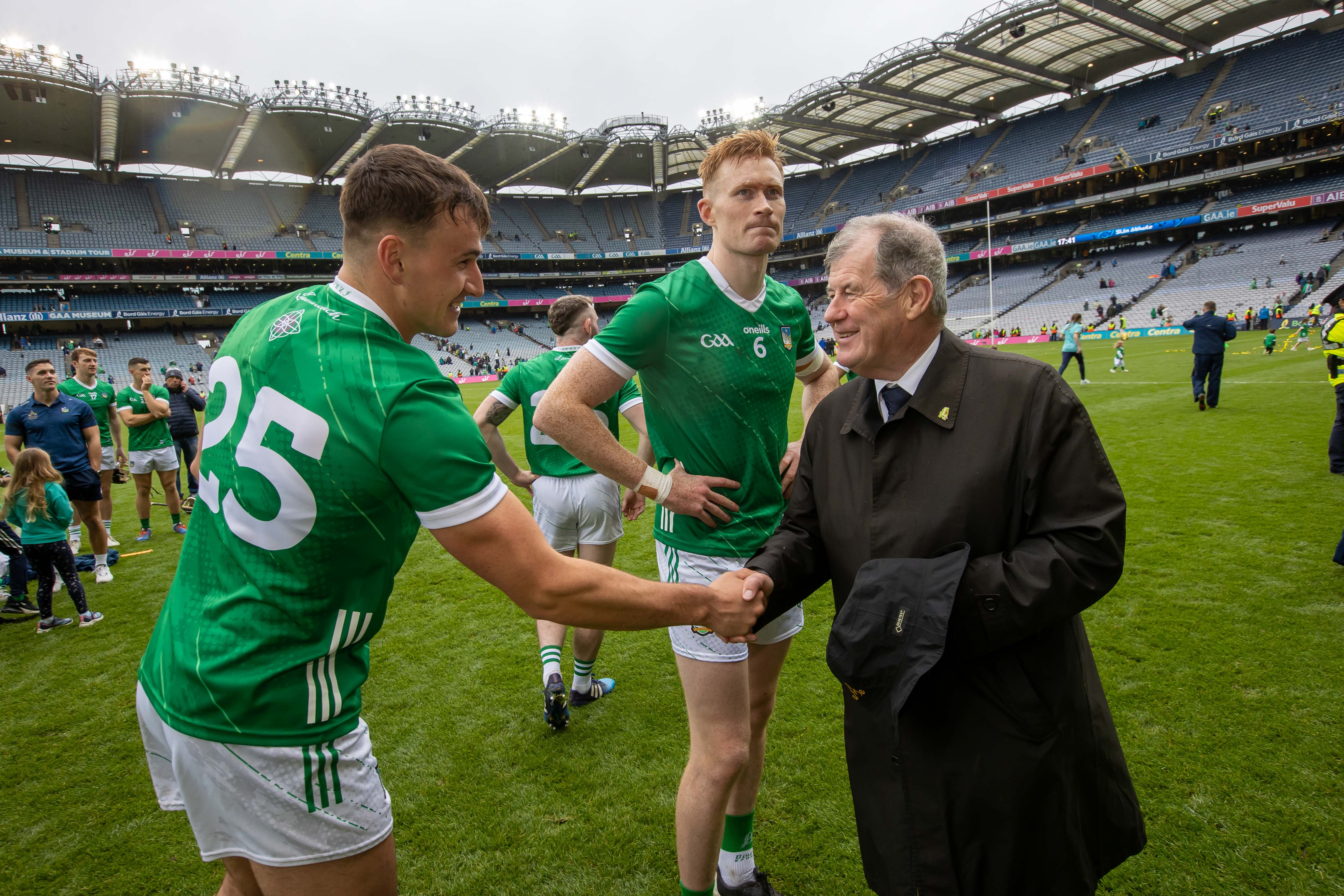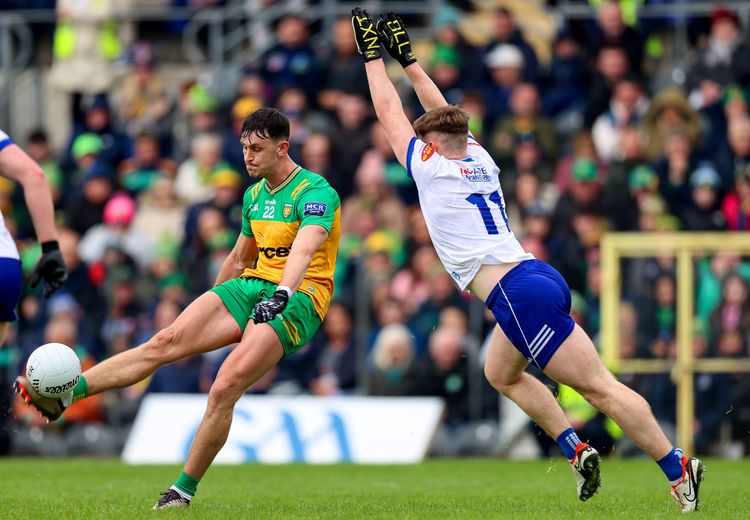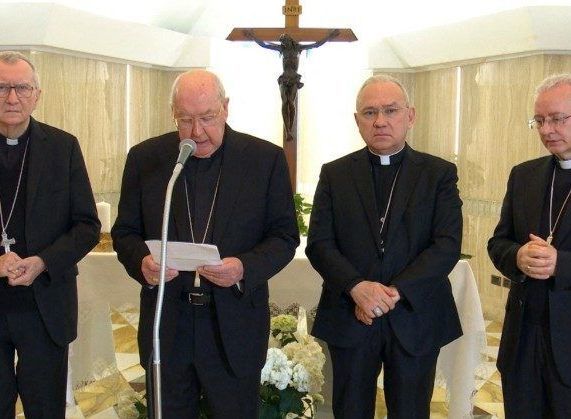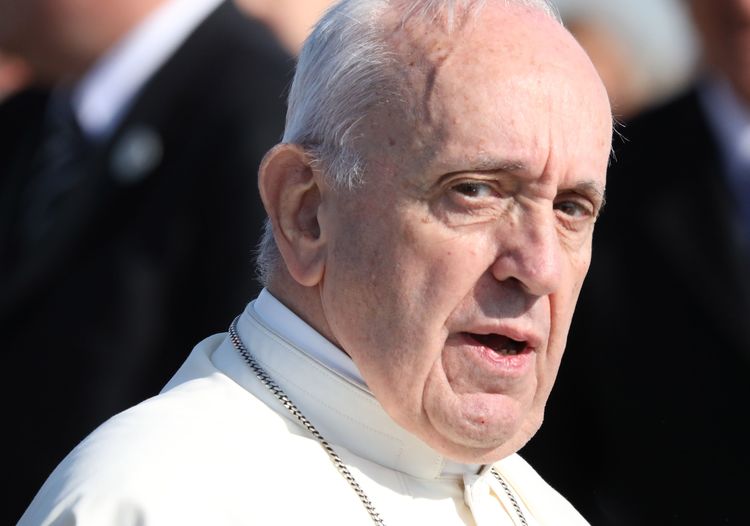Once being a Limerick hurling supporter meant heartbreak, frustration, and disappointment. Limerick won a single All-Ireland title in 1973, after a decades-long drought, and then didn’t win again for more than 40 years.
“Even when the team was good, it contrived to lose in ways that were spectacular, almost ludicrous,” said Arthur James O’Dea, the author of “Limerick: A Biography in Nine Lives.” “They went to the finals five times after that win in ’73 and lost every time.”
Those early years now seem like ancient history. In 2018, Limerick began a transition into a dynasty. The team won its first All-Ireland in 45 years, barely eking out a victory over Galway. After losing the next year in the semis, Limerick has been on a historic roll, winning the championships the last four years, becoming only the third team in history, along with Cork and Kilkenny, to win four titles in a row.
What has made Limerick such a dynasty? Some would talk about the amazingly high skill level of their county side, while others might mention the incredible core strength and conditioning of their players, but there is a deeper reason for Limerick’s amazing success; its Underage Hurling Academy, a youth development model so successful that other counties in Ireland are struggling to emulate it.
Of course, it helps when you have a billionaire backer and few would argue that Limerick’s success on the pitch has nothing to do with the financial support of J.P McManus. Realizing that success on the senior level was the result of creating strong youth teams; in 2011 McManus and others helped create its Underage Hurling Academy. The Limerick Academy aimed to foster a new culture of doing things the right way because the wrong things had been done in the county too often, and for too long.
McManus, who sponsors the team under the Sporting Limerick branding, said that the Treaty County’s latest win had come about because of the county’s hurling academy which had developed players from grassroots level with the full support of parents. J.P. McManus’s brother Jerry McManus has been a huge help to the underage academy. Top coaches were brought in from outside the county to work in the academy and year by year Limerick created the country’s best youth development model. A 13-year-old county competition also helps them choose players and then they enter the underage system.
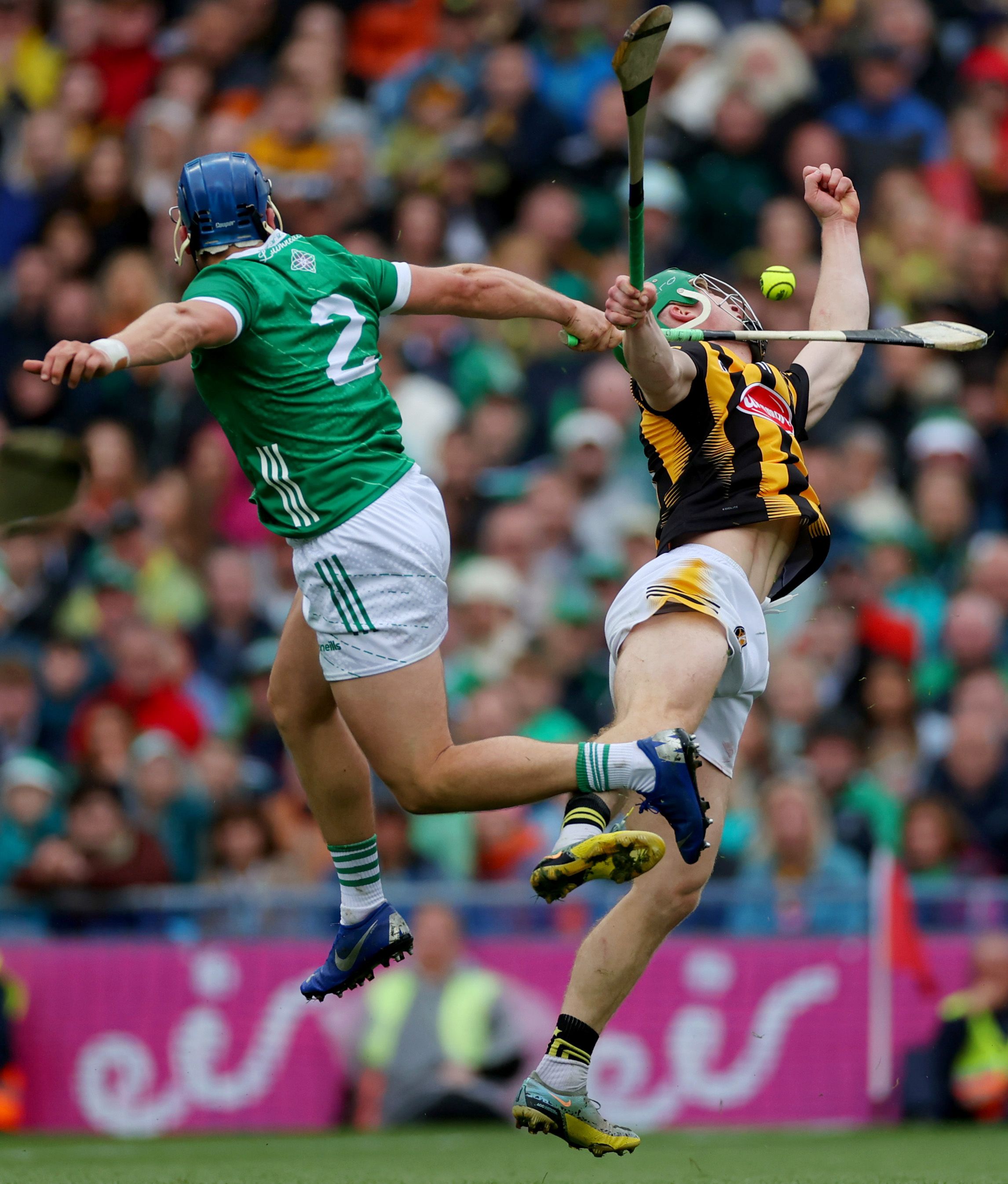
Limerick’s Mike Casey in action against Alan Murphy of Kilkenny is this year’s All Ireland final [Inpho/James Crombie]
John Kiely, Limerick’s Senior Hurling manager, also attributes team success to early intervention and support, particularly through the work of the Academy. “The importance of the Academy structure and the work the coaches within that structure do with the young Limerick players in their skill development, game management, strength and conditioning and personal development off the pitch is absolutely essential in ensuring the continued player growth that will see these players emerge from the academy ready to perform at the highest level for their county. Were it not for the Academy structure of the last 10 years we would not have seen the current Senior team success.”
Sean Finn, one of Limerick’s All Ireland winners, agreed, “ We were one of the first groups to come through it. Luckily, we have had great people involved from U14 up to U21 and now senior.
“The habits, how you should carry yourself, how to be professional, to become the best player you possibly can. We've learned all those things at a young age,” he said. “Then you look at your attitude to training, inside in the gym, which at the time you wouldn't have taken much notice of, but they're habits you take on and they're good habits. The academy nurtures those habits and that's the beauty of it.”
Former Kilkenny hurler Richie Power believes other counties will have to re-evaluate their development models and find a way to compete with Limerick over the next few years. Power said, “ “To be honest, I think it’s just, every team themselves needs to get back to the basics and I think a lot of counties need to look at their underage structures to kind of plan for success whether it be seven, eight, ten years’ time rather than instant success. That’s what Limerick have done and now they’re seeing the rewards for that.”
The academy and four successive years of winning the All Ireland have created an infectious culture of success, and success breeds success. Young lads everywhere in Limerick now play hurley, hoping that they too will be chosen to play for the senior team and continue Limerick’s greatness. With such a strong grassroots system Limerick looks to be a formidable force for years to come.

